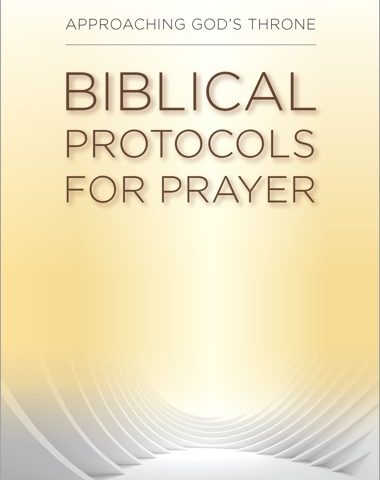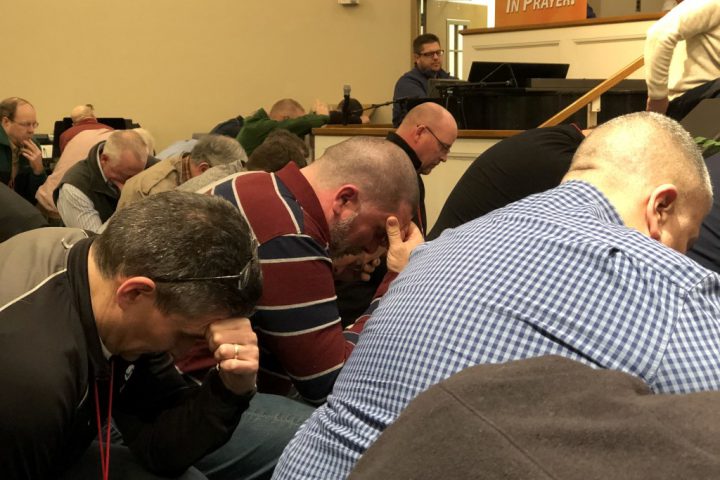Enter . . . his courts with praise. Psalm 100:4 Praise is response to greatness. That’s why the Bible tells us to “enter his courts with praise . . . and bless his name” (Ps. 100:4). God is to be approached with praise, applause, and acclaim. His worthiness demands our praise. His grace calls for praise....
Category: prayer
The Reverence Protocol
Hallowed be thy name. Matthew 6:9 The model prayer, commonly referred to as the Lord’s prayer, is one place in Scripture where we find guiding principles to pray through. More accurately, it should be titled the disciples’ prayer, or the model prayer, because it contains elements that the Lord never needed to pray, such as “Forgive...
The Teachability Protocol
Come unto me . . . and learn of me. Matthew 11:28–29 Jesus invited the weary to partner with Him in His redemptive purpose: “Come unto me, all ye that labour and are heavy laden, and I will give you rest. Take my yoke upon you, and learn of me; for I am meek and...
APPROACHING GOD’S THRONE
The prayer culture, or lack thereof, in our churches today is lamentable. Many Christians are disinterested in prayer because they do not know its power. But this is a far cry from what we find in the early church. The first believers did not have a prayer meeting—they were a prayer meeting! One hundred and...
How to Resurrect the Prayer Meeting
Musical artists, celebrities, and football games attract exuberant crowds. Even a popular preacher or a well-known worship leader can draw thousands of enthusiastic people. But when a prayer meeting is announced, few show up. Leonard Ravenhill spoke poignantly to this matter: “Sunday morning shows how popular the church is; Sunday night shows how popular the...
Why Prayer Was So Powerful In The Early Church
Most prayer in the Book of Acts was corporate prayer. The Apostles had two main responsibilities: leading the church in prayer and ministering the Word (Acts 6:4). Serving tables and the like were handed over to Spirit-filled men (deacons) so the shepherds could oversee the prayer ministry in the church. Is it not instructive that shepherding in prayer is mentioned prior to the important task of preaching? This order is not a trivial fact. But what other factors contributed to such powerful prayer?






